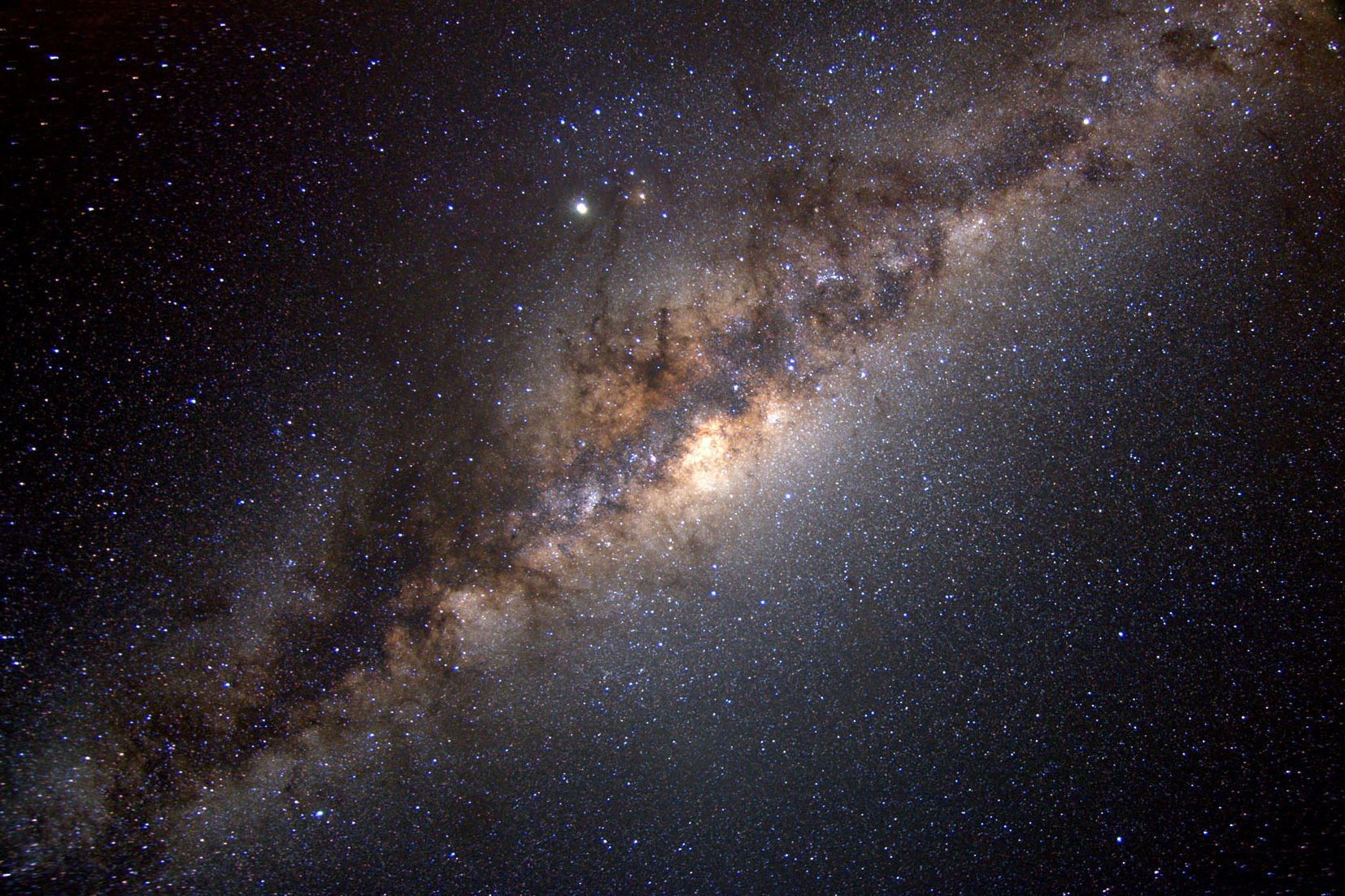Massachusetts Institute of Technology - MIT News
The Massachusetts Institute of Technology (MIT) is a private research university in Cambridge, Massachusetts. It is known for its strong emphasis on scientific and technological education and research. The articles provided by MIT News cover various topics related to science, technology, engineering, and mathematics (STEM), including breakthroughs in research, discoveries, innovations, and advancements in these fields.
92%
The Daily's Verdict
This news site is known for its high journalistic standards. It strives to maintain neutrality and transparency in its reporting, and avoids conflicts of interest. It has a reputation for accuracy and rarely gets contradicted on major discrepancies in its reporting.
Bias
100%
Examples:
No current examples available.
Conflicts of Interest
75%
Examples:
- Massachusetts Institute of Technology is a prestigious research university that may have conflicts of interest in the articles it publishes.
Contradictions
100%
Examples:
No current examples available.
Deceptions
100%
Examples:
No current examples available.
Recent Articles

2024 Kavli Prize Winners: Robert Langer, Paul Alivisatos, and Chad Mirkin - Revolutionizing Nanoscience in Drug Delivery, Bioimaging, and Diagnostics
Broke On: Wednesday, 12 June 2024
MIT Discovers Three Oldest Stars in the Universe in Milky Way's Halo
Broke On: Tuesday, 14 May 2024